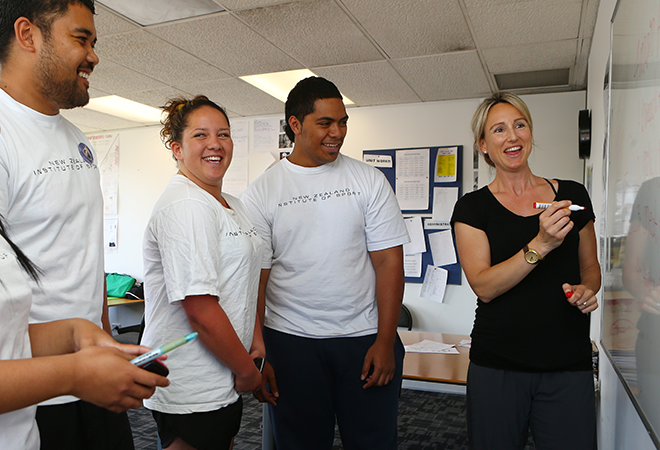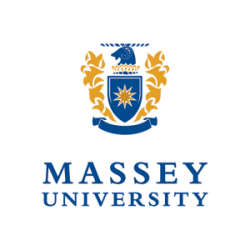
Strategies for co-constructing an initial teacher education curriculum: A school-university partnership
Status
Completed: 2 September 2015
Project Details
A project completed in 2015, undertaken by Massey University, to develop and document effective strategies that facilitate the co-construction of an initial teacher education (ITE) curriculum in a school-university partnership.
Aims:
The major aims of the project were to:
- make links between theories underpinning effective pedagogies taught at the university, with the day-to day practice of teaching and learning in three Normal Schools in the Manawatū
- model best teaching practices at Normal Schools through expert and innovative guidance and mentoring for student teachers
- enhance the relationship between Normal Schools and their respective tertiary ITE providers.
Methodology:
The project used a qualitative methodology, consisting of:
- a review of the published literature about the need for university and school sectors to work more closely
- collecting data on the co-construction process from focus group discussions, observations of teaching episodes, and interviews.
Research question:
- What strategies support the successful co-construction of an ITE curriculum?
Team

Dr Alison Sewell
Project leader
Massey University
Dr Tracey-Lynne Cody
Massey University
Dr Kama Weir
Massey UniversityStatus
Funding
$20,248.00 (excl GST)
Key Findings
The key findings from the project included:
- The following characteristics were identified as supporting the effective co-construction of a university ITE curriculum with school partners: building trust, making visible shared values, willingness to share power and expertise, being responsive to the school context, promoting dialogue, setting and resourcing manageable goals and communicating effectively.
- The one central theme running through the findings was the importance of building relationships between the school and university sectors in order to create a professional learning community with a focus on building knowledge together.
- Several behaviours, dispositions and attitudes characterised and facilitated the development of these professional relationships. These are conceptualised in this study as strategies to facilitate effective collaboration. Essential to relationship building is working with the intention to grow trust and mutual respect. Secondly, making our shared professional values visible was a key factor in enabling our successful ITE co-construction.
- With the goal of establishing a genuine partnership in mind, it was important to find ways to share power during the construction and delivery of the learning experiences. Being responsive to the diversity of individual school contexts was also an important element of relationship building between education sectors.
- Another successful strategy was to deliberately open up spaces for dialogue between school teachers and university teacher-researchers and to encourage everyone’s voices to be heard. The significance of developing manageable goals, and of providing financial resources for the participating schools, also became apparent in the data analysis.
- Effective communication played an important role in establishing and maintaining collegial partnerships between university teacher-researchers and school teachers during this collaboration.
- The community-building strategies discussed and illustrated in the report serve as a guide to ITE institutions in their efforts to work collaboratively with schools and centres to co-construct ITE curricula. These strategies might also serve to inform the development of workplace and tertiary partnerships in applied professions such as nursing and social work.
Key Recommendations
The key recommendations arising from the project were:
Build a professional learning community | Intentionally build a professional learning community where collegiality, mutual trust, respect and openness are encouraged.
Build on shared pedagogical knowledge | Search for and build on shared pedagogical knowledge, skills and values - be clear about what each institution can offer.
Share power and leadership | Be willing to share power and leadership – co-construction requires dance-like moves rather than a follow-the-leader linear sequence.
Build on school strengths | Be responsive to and build on the unique culture and strengths of the school context.
Establish a third space | Establish a third space so that ongoing and regular professional dialogue can occur – know that learning happens in the talk.
Set shared goals | Set small, manageable and shared goals and provide time and resources to enable effective dialogue, shared reflection, co-planning and other forms of joint participation – effective partnerships take time.
Effective communication systems | Set up effective communication systems and be honest about what is working and what needs to be changed.
A research report prepared by Alison Sewell, Tracey-Lynne Cody and Kama Weir.
(PDF, 770 KB, 36-pages).
- 15 September 2015